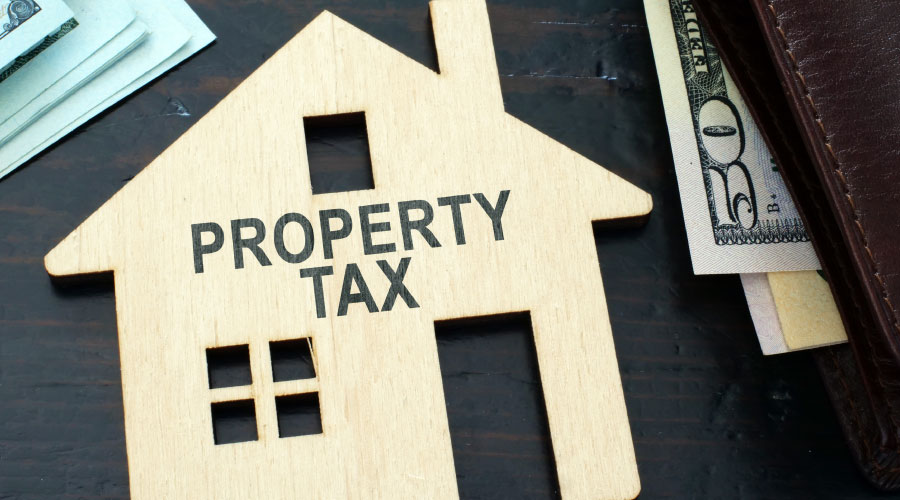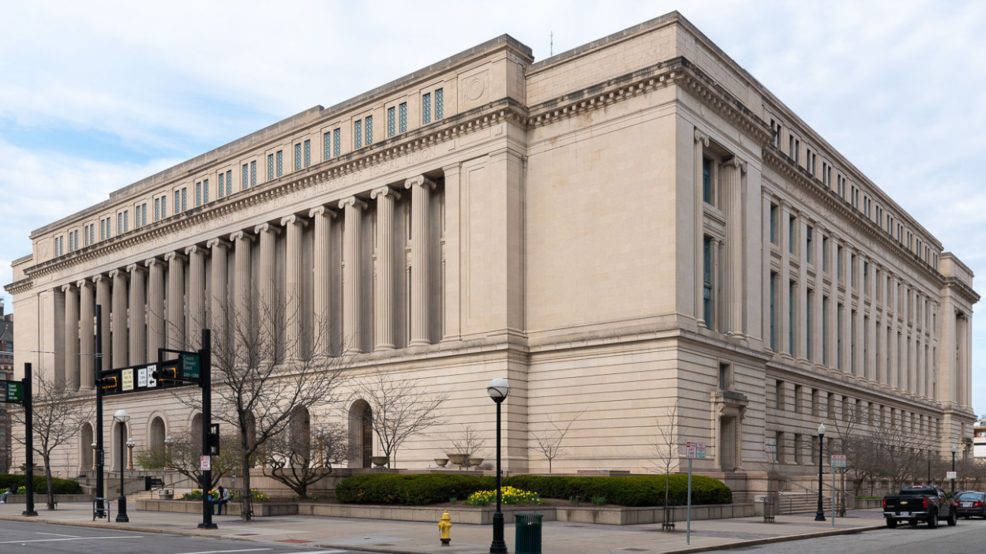Last week, I wrote a comprehensive overview of the new federal requirements for paid sick leave and family medical leave under the Families First Coronavirus Response Act (the “Act”). Since then, the Department of Labor has published its first guidance on the application and enforcement of those provisions.
The Effective Date of the Act Has Changed:
The Act states that its provisions shall go into effect within 15 days of enactment. As the Act was signed by President Trump on March 18, 2020, I took a conservative approach and wrote that the new paid sick leave and family medical leave provisions would be effective on April 2, 2020. Per the new Department of Labor guidelines, the Act will be effective on April 1, 2020, one day ahead of schedule.
Under-the-radar sick time provision:
Nestled in to the Act’s paid sick leave provision is a prohibition against employers requiring the use of other paid sick leave (this includes ALL accrued time off, whether vacation time, bereavement, sick time and other time off. In many companies this is known in their personnel policy as “PTO” or “Paid Time Off”). This is an easy provision to run afoul of, and employers should consider consulting with competent legal counsel to ensure compliance with the Act.
Small Business Exemption Still Vague, Non-Enforcement Grace Period:
The Act exempts employers with less than 50 employees from its requirements if compliance would jeopardize the viability of the business. Department of Labor regulations on the topic are forthcoming and should be released in April 2020.
In an effort to help employers navigate this uncertainty, the Department of Labor’s Field Assistance Bulletin has instructed its officers to not enforce the Act’s provisions until April 17, 2020. The Department of Labor will not bring about any enforcement actions provided that an employer makes “reasonable, good faith efforts to comply with the Act.” Employers will only be found to behave reasonably and in good faith when all of the following are satisfied:
- The employer remedies any violations, including by making all affected employees whole as soon as practicable;
- The violations of the Act were not “willful” based on the criteria set forth in McLaughlin v. Richland Shoe, 486 U.S. 128, 133 (1988) (the employer “either knew or showed reckless disregard for the matter of whether its conduct was prohibited…”); and
- The Department receives a written commitment from the employer to comply with the Act in the future.
Employers who may require use of the small business exemption should consult with competent legal to prepare for the upcoming regulations and ending of the grace period. Employers should also be aware that the Field Assistance Bulletin does not limit the right or ability of an employee to bring a private action for violations of the Act.
Conclusion
Our labor and employment attorneys are well-versed in the rights and obligations of both employers and employees, including the rapidly-evolving COVID-19 changes. For assistance with these matters, consult Stephen E. Imm (513.943.5678) and Matthew S. Okiishi (513.943.6659).








